As a parent, it’s natural to observe and wonder about your child’s development. If you’re noticing behaviors that seem different or have raised concerns, you might be wondering, “Could my child have autism?” Let’s explore this topic in a straightforward manner.
Autism Spectrum Disorder (ASD) can manifest in various ways, and early signs can be subtle. It’s important to remember that every child develops at their own pace, but certain behaviors might prompt further investigation. Here are some early signs that could indicate a need for closer attention:

- Social Challenges: Does your child seem less interested in playing with others or making eye contact? Difficulty engaging in simple back-and-forth interactions might be an early sign.
- Communication Differences: Delayed speech development, limited gestures, or challenges in understanding and using language can be red flags. Keep an eye on how your child communicates and expresses their needs.
- Repetitive Behaviors: Does your child engage in repetitive movements, such as hand-flapping or rocking? Some level of repetitive behavior is common in children, but an excessive focus on specific routines or interests might be worth exploring.
When to Seek Professional Advice:
If you’re observing these behaviors or have other concerns about your child’s development, it’s essential to seek professional advice. Schedule an appointment with your pediatrician, who can provide guidance and may refer you to a specialist for a more in-depth evaluation.
Early Intervention is Key:
Regardless of the outcome, early intervention can make a significant difference. If your child does have autism, starting therapies and support early on can greatly enhance their development and quality of life.
Remember: Every Child is Unique:
It’s crucial to approach this journey with an open mind. While awareness of potential signs is important, it’s equally important not to jump to conclusions. A professional evaluation will provide clarity and guide you on the best path forward.
If you’re feeling uncertain, reach out to healthcare professionals. You’re not alone, and support is available to help you navigate this journey with your child.
Stay tuned for more articles on understanding and supporting neurodivergent families on our website!

